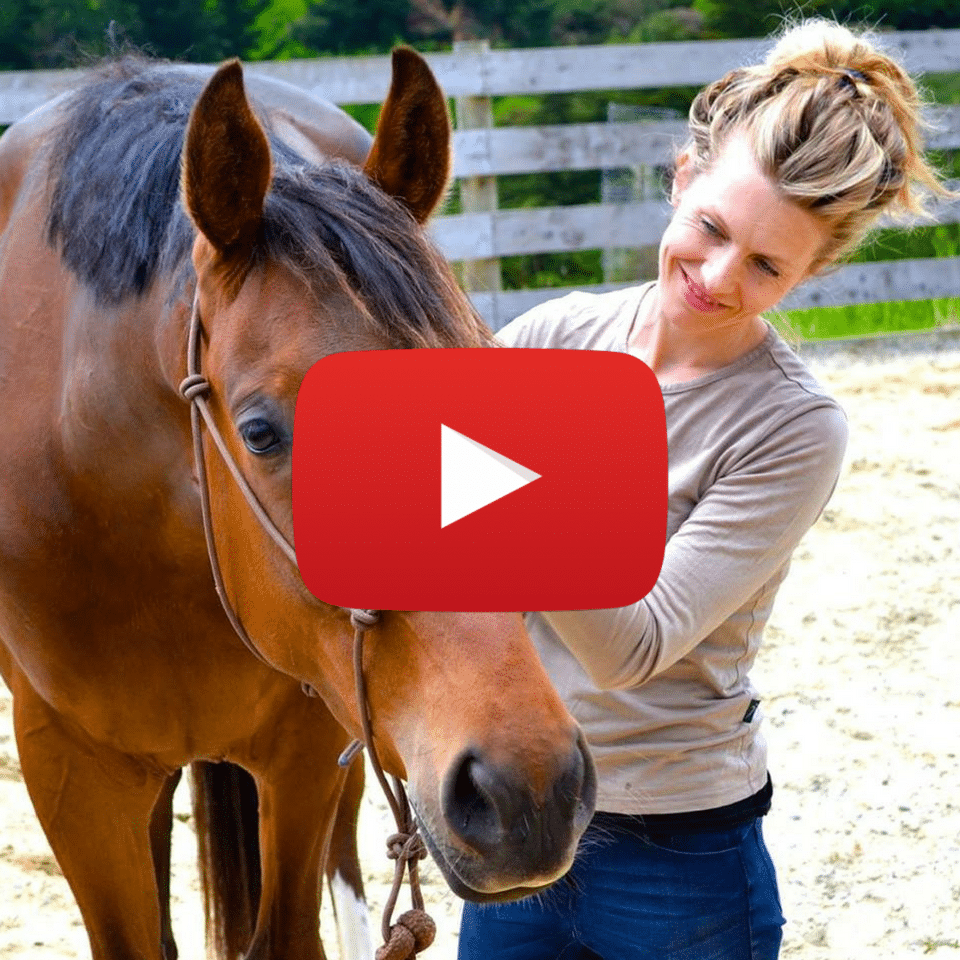Like many others no doubt, I’ve been struggling a bit recently.
The nature of my work means that I spend a lot of time online, so perhaps of late, with the world climate being what it is, with social media and news sites being particularly loud, my mind has been disproportionately fed the opinions and thoughts of others. And tiny bit by tiny bit is has taken me away from myself until I sensed a lingering feeling of disconnection. From what, I wasn’t exactly sure.
Last night, I sat down- with my feelings and thoughts and slightly ache-ey heart- and asked, what’s up?
And I realised, that things were a little shaky. That my foothold of belief in people’s fundamental and basic goodness had grown a little shaky. Where previously, my weight had rested strong in this understanding- the entirety of me feeling steady and well supported- now I had the feeling that it was only the grip of my toes and a few clinging fingers anchoring me to land.
And so I searched. I searched for affirmation of this underlying thread, this invisible silk that binds us all together. In that search, I brought to mind two facets of my learning that brought me comfort, and I share them in the hope that it may do the same for someone else. They come from two very different places but are connected by the same root; the Shambhala tradition of Buddhism and The Polyvagal Theory, as proposed by Stephen Porges.
Let’s start with the first. Shambhala Buddhism is cradled by the understanding that people are formed from of a fundamental, basic goodness. The word that they give to it can be broken down into three main parts that translate to “from the beginning”, “pure” and “complete”.
Pema Chodron uses the analogy of a glass of water to describe our basic nature. Imagine there is a glass of water, she says, clear, sparkling, and fresh. Imagine then someone takes a teaspoon of dirt and drops it into the water and stirs it. Now, the water is not clear, but murky and muddy.
For as long as we keep stirring, the water remains foggy and dark. But if we stop and just rest, the dirt begins to settle until it will come to settle at the bottom and, again, the water will be clear.
What, then, is basic? Is it the churning that is basic? Or the water?
Stephen Porges, when questioned on the essence of his Polyvagal theory comes back to this:
At our core, he asserts, humans are connected, co-operative, and social. Our nervous system is such that the way we engage- through our facial muscles, speech, and physical touch- cues us for feelings of safety or feelings of threat.
That last part is really important; it tells us that as much as our nervous system responds to prompts of concern, it also needs prompts or cues to feel safety and connection. We establish this through physical touch; through the looks of love and connection on the faces of others; through the prosody and tone of the voice. This is not necessarily something that we return to in the absence of threat, but something that is actively established when these markers are there for us to synchronise, unite, and regulate with.
Reminding myself of this caused me to exhale.
At our most basic, we are the water. Basic goodness is our essence.
To viscerally feel this, it is not enough to limit exposure to things that activate our threat systems. We also need to actively seek out that which cues us for safety. For connection. To seek out that remind us of our underlying nature.
For those of us committed to the water underneath, we have to dare to keep finding ways to stop stirring the glass.
So when the dirts in our hair, in our eyes and clinging to our skin, there’s still a voice that whispers,
We are the water.
We are the water.
We are the water.
Onwards.
❤️ Jane

